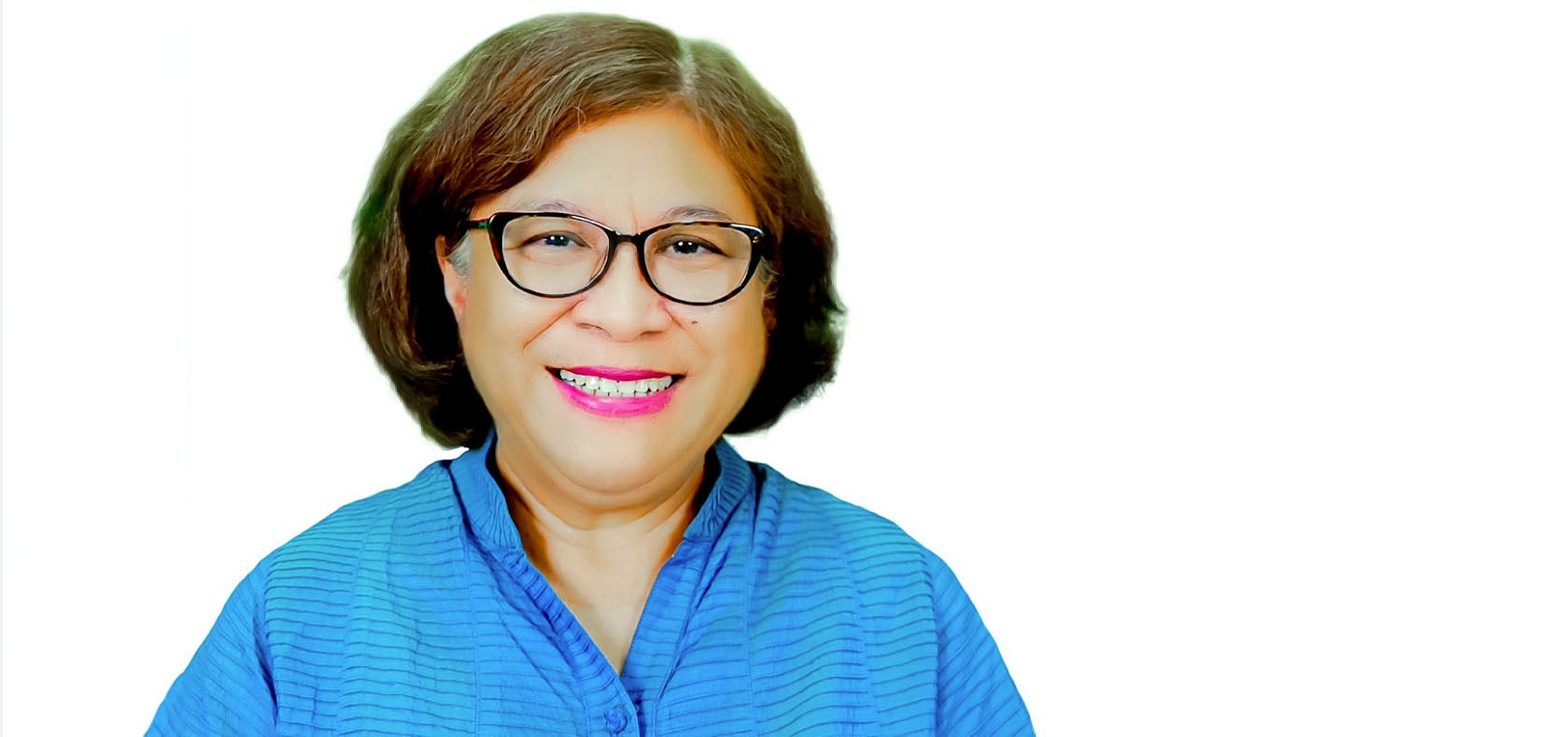Take Five Indonesia: “The most significant challenge in advocating for gender equality is endurance. We still encounter people who undermine women and girls”
Date:

Sita Aripurnami is the Executive Director of the Women Research Institute, an organization that conducts policy research and capacity building for multiple stakeholders in Indonesia to implement gender-sensitive policies, programs, and strengthen the capacity of gender and feminist analysis.
Her involvement in women’s movements began in 1984, when she actively participated in discussions on labor and land eviction issues. This experience influenced her role in establishing the Kalyanamitra Women Communication and Information Centre in 1985, where she also focused on education about gender awareness. Aripurnami has been active both nationally and internationally: She was a member of the non-governmental organization Asia Pacific Women, Law and Development , and the Global Fund for Women. She has served as a speaker and delegate at various meetings, including the International Conference on Population and Development in Cairo in 1994 and the 1995 Huairou UN Women’s NGOs meeting during the Fourth World Conference on Women in Beijing. At that time, she was the Director of Kalyanamitra.
- What are some of the most significant challenges you have encountered while advocating for gender equality in Indonesia? How have you addressed these challenges?
The most significant challenge is endurance. Despite working on this issue since 1984, we still encounter people who disrespect women and girls, particularly when discussing issues of violence against them.
However, by presenting evidence and data on the problems surrounding women and girls, we have been able to convince more people to support the cause of gender equality. Therefore, we must continue to move forward and work by strengthening the capacity of society, especially for women and girls.
It is crucial to advance the agenda for women’s rights and gender equality, even now—30 years since Beijing—as the condition and situation of women and girls have not shown significant improvement. This situation has worsened with the COVID-19 pandemic, where incidents of violence increased, and women and girls still face unequal opportunities in accessing the workforce.
- As we approach the 30th anniversary of the Beijing Declaration, how do you evaluate its impact on Indonesia's progress in gender equality? What are the main achievements and which areas still need significant attention?
The 12 critical areas of concern outlined in the Beijing Declaration include: armed conflict, economics, education and training, environment, girl child, health, human rights, institutional arrangements, media, poverty, power and decision-making, and violence. To some extent, we can observe progress on gender equality in Indonesia. For instance, in terms of formal education, there has been an increase in the number of women and girls entering and accessing formal education. However, in certain areas of Indonesia—particularly in rural and remote regions—the number of women and girls completing school remains lower than that of men and boys.
Education in advancing gender equality is necessary. We must continuously support it by establishing mechanisms, procedures, and policies that ensure the knowledge gained from gender equality education is sustained and institutionalized. Effective educational approaches and strategies include conducting training or capacity-building programs, followed by close mentorship through weekly discussions. This gender equality knowledge must be backed by policy within the organization to ensure its sustainability.
The disparity in education is also evident in the workforce. Violence against women and girls remains a serious issue, with incidents continually rising. During the pandemic, these numbers surged and have not decreased since.
Although it has been an increase on women´s political participation, the power and decision-making area of concern also requires continued effort and emphasis in Indonesia, particularly in how policies genuinely enable women and girls to hold positions of power and decision-making.
- What are the main issues on gender equality you would highlight to national authorities ahead of the Beijing+30 review?
Firstly, Indonesia has implemented a policy on gender mainstreaming. It is crucial to ensure consistent application of this policy across all sectors and institutions to effectively promote gender equality throughout the country.
Secondly, robust data collection and vigilant monitoring are essential to advance and reinforce the status and conditions of women and girls. While data collection on violence against women in Indonesia has significantly improved, the follow-up actions to address and mitigate these issues need to be strengthened.
Thirdly, a key strategy to enhance the status of women and girls is to increase their representation in decision-making roles. Indonesia has established a policy that guarantees a minimum of 30% female candidacy in parliamentary elections. National authorities should review the effectiveness of this policy and identify challenges faced by women pursuing these decision-making positions. Improvements to this policy are necessary to ensure an increased presence of women and young women in leadership roles.
I hope that Indonesia will soon ensure open and equal access to power and decision-making positions for women and girls and I also hope that we have a society where they are completely free from violence in both public and private spaces.
- What inspired you to pursue a career in gender studies and activism?
It was back in 1983, when I conducted research on the aspirations of young women to work as domestic helpers in East Jakarta for my bachelor's degree thesis. Soon after I graduated, I, along with some friends, established a women's NGO named Kalyanamitra Communication and Information Centre in 1984. I believe the pivotal moment that drew me into these studies and activism was the realization that many issues faced by women intersect with numerous other societal issues.
- As a women’s rights activist, what message would you give to the new generations?
For young activists eager to make a difference in gender rights and equality, it's essential to be open-minded, sincere, and ready to learn from everyone's experiences. By doing so, you can gain comprehensive knowledge on gender equality across various sectors and areas. The perspective to adopt is to always remember that a gender perspective intersects with other perspectives such as class, age, different abilities, sexual orientation, and ethnicity. By keeping these intersections in mind and maintaining an open mind, we can treat others equally and ultimately advance gender equality in society
In 2025, the global community will mark the thirtieth anniversary of the adoption of the Beijing Declaration and Platform for Action (BPfA), and 10 years of the Sustainable Development Goals (SDGs). As part of the commemoration, national and regional reviews are conducted to assess current and emerging challenges that affect the implementation of the BPfA and the achievement of gender equality and the empowerment of women and its contribution towards the full realization of the SDGs.
